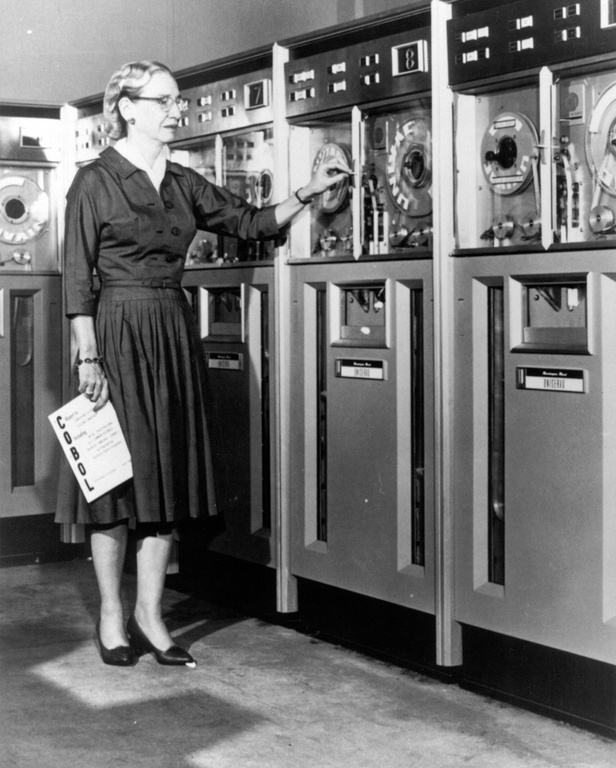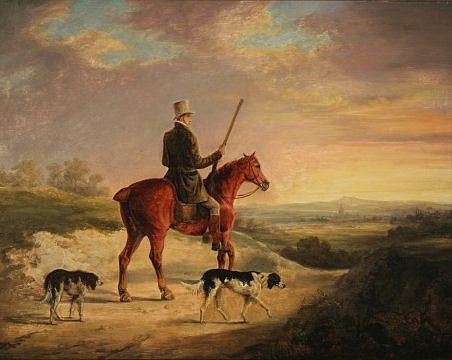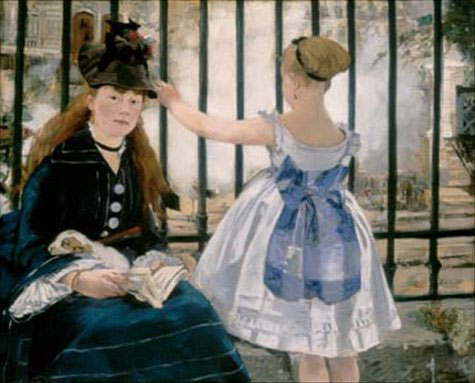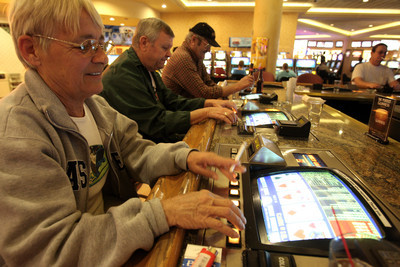Safe in Our Archives
If the self is an archive, the metadata matters

The idea of the subject as an archive, or subjectivity as documentation (rather than something that is documented after the fact), seems to be cropping up a lot recently. I've been pushing the idea of an archive-based "data self" for a while now, so I'm excited to see this. Though there can be all sorts of theories about it, it seems to me that ubiquitous surveillance will be the fundamental fact about subjectivity from here on out. There will no sense of self that doesn't take into account how the self has been or will be recorded, how that self will turn up as an artifact of online searches. In other words, we are all life-loggers, whether we want to be or not. Yuk Hui's "Archivist Manifesto" starts from the premise that "we are archivists, since we have to be. We don't… Read More...















